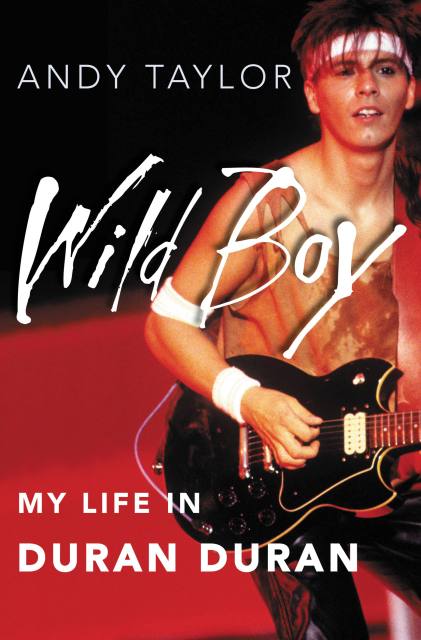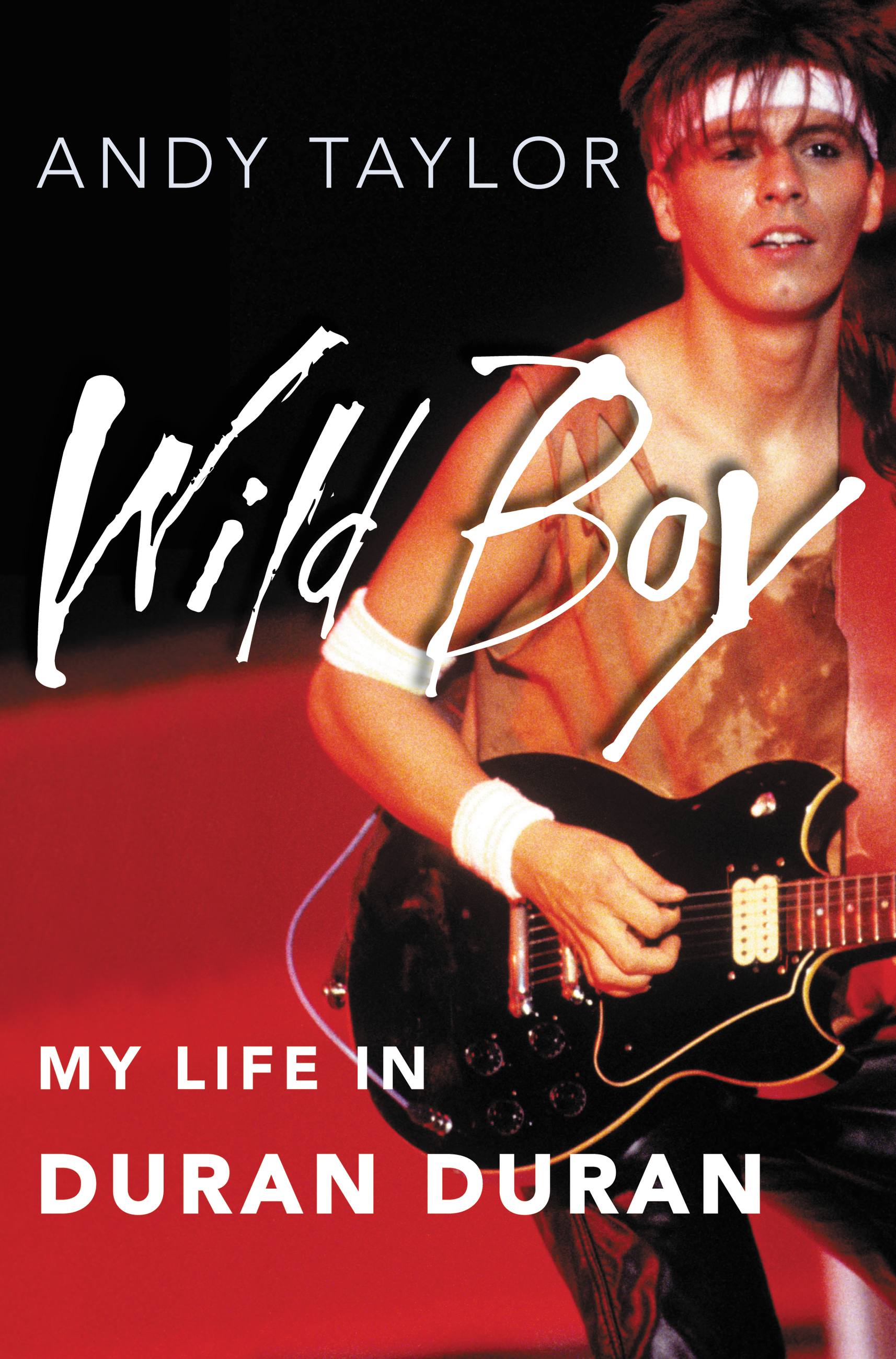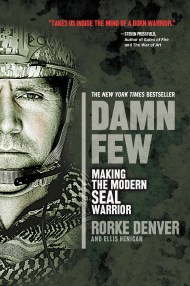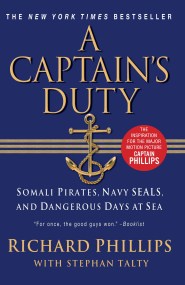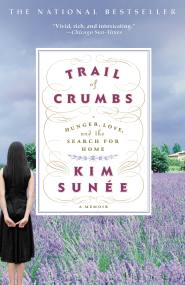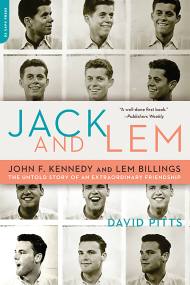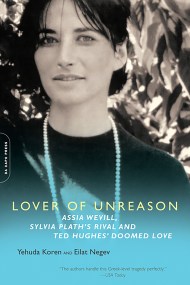By clicking “Accept,” you agree to the use of cookies and similar technologies on your device as set forth in our Cookie Policy and our Privacy Policy. Please note that certain cookies are essential for this website to function properly and do not require user consent to be deployed.
Wild Boy
My Life in Duran Duran
Contributors
By Andy Taylor
Formats and Prices
- On Sale
- Sep 9, 2008
- Page Count
- 336 pages
- Publisher
- Grand Central Publishing
- ISBN-13
- 9780446546065
Price
$12.99Format
Format:
ebook $12.99This item is a preorder. Your payment method will be charged immediately, and the product is expected to ship on or around September 9, 2008. This date is subject to change due to shipping delays beyond our control.
Buy from Other Retailers:
Wild Boy is the explosive first inside account of the rise and fall of Duran Duran. The band rose to conquer the globe with a string of unforgettable hits such as “Rio,” “Hungry Like the Wolf,” and “The Reflex.” With Simon Le Bon as their frontman, they were the defining pop act of the 1980s, but Andy Taylor, the enigmatic lead guitarist, is widely acknowledged to have been their musical driving force.
Then, at the very height of their achievement in 1985, Duran Duran imploded. Now Andy shares the story of what went wrong. With searing honesty, he charts every moment of Duran Duran’s roller-coaster rise from their early days as club musicians through to international superstardom. He captures the glamour and excitement of the band’s epic video shoots and the opulence of their world tours.
He reveals the truth about the allegations of drug abuse and wild hedonism that dogged Duran Duran. Packed with more than twenty-five years worth of rock ‘n’ roll anecdotes, Andy tells of his time in the band The Power Station, and explains why Duran Duran reformed with its original line-up in 2003.
But Wild Boy is also a moving story on a human level, as Andy describes how the pressures of fame took a terrible personal toll on him and his family. Moving from hilarious to harrowing at the turn of a page, Wild Boy is a must-read for anyone who lived through the 1980s, or who cares about music.
Then, at the very height of their achievement in 1985, Duran Duran imploded. Now Andy shares the story of what went wrong. With searing honesty, he charts every moment of Duran Duran’s roller-coaster rise from their early days as club musicians through to international superstardom. He captures the glamour and excitement of the band’s epic video shoots and the opulence of their world tours.
He reveals the truth about the allegations of drug abuse and wild hedonism that dogged Duran Duran. Packed with more than twenty-five years worth of rock ‘n’ roll anecdotes, Andy tells of his time in the band The Power Station, and explains why Duran Duran reformed with its original line-up in 2003.
But Wild Boy is also a moving story on a human level, as Andy describes how the pressures of fame took a terrible personal toll on him and his family. Moving from hilarious to harrowing at the turn of a page, Wild Boy is a must-read for anyone who lived through the 1980s, or who cares about music.
Newsletter Signup
By clicking ‘Sign Up,’ I acknowledge that I have read and agree to Hachette Book Group’s Privacy Policy and Terms of Use
